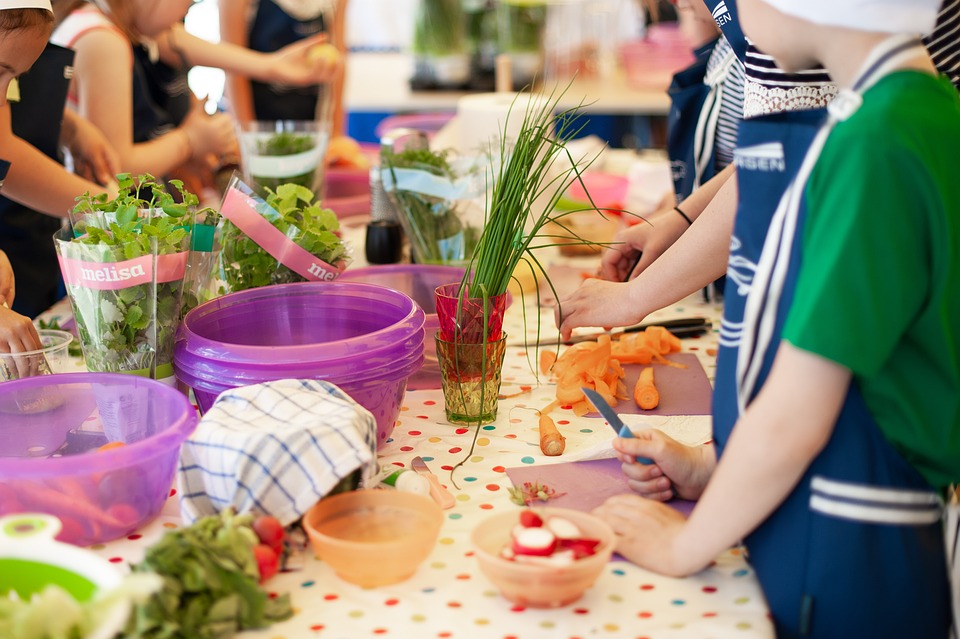Wine making is a captivating blend of science, art, and tradition that has been perfected over centuries. From the moment a grape is plucked from the vine to the final pour into a glass, the process requires skill, patience, and passion. It is a labor of love that produces a beverage that has been cherished by people all over the world for generations.
The Winemaking Process
The journey from grape to wine is a fascinating one, involving several key stages:
- Grape Harvesting – The process begins with the careful selection and harvesting of the finest grapes. This is a crucial step that sets the foundation for the entire winemaking process.
- Fermentation – After the grapes are harvested, they undergo fermentation, where the natural sugars in the grapes are converted into alcohol by yeast. This process is closely monitored and managed by the winemaker to ensure the desired flavor and alcohol content are achieved.
- Aging – Once the fermentation is complete, the wine is aged in barrels or tanks. This stage allows the wine to develop its complex flavors and aromas, as well as to soften its tannins. The length and conditions of aging can greatly affect the final product.
- Bottling – After aging, the wine is then bottled and labeled, ready to be enjoyed by connoisseurs and enthusiasts alike.
The Labor of Love
Each step of the winemaking process demands meticulous attention to detail and a deep understanding of the characteristics of the grapes being used. This art form requires the expertise of a skilled and dedicated winemaker, who has a profound connection to the land, the grapes, and the final product. The love and passion that winemakers pour into their craft is palpable in the rich and diverse array of wines that result from their efforts.
The Winemaker’s Touch
While there are established techniques and guidelines for winemaking, there is also room for individual creativity and innovation. Each winemaker brings their own unique touch to the process, resulting in a wide variety of flavors, aromas, and styles. This personal touch is what makes each bottle of wine a distinct and special experience for the consumer.
The Importance of Viticulture and Enology
Behind every great wine is the expertise of professionals who specialize in viticulture (the cultivation of grapevines) and enology (the study of wine and winemaking). These experts play a critical role in ensuring the quality and consistency of the wine, from the vineyard to the bottle. Their knowledge and dedication are essential to the success of the winemaking process.
The Role of the Winery
Wineries are the heart of the winemaking process, serving as the hub where grapes are received, sorted, crushed, and transformed into the marvelous elixir that is wine. The design and equipment of a winery are carefully selected to optimize the winemaking process, with the goal of creating the highest quality product possible.
Conclusion
Wine making is not just a process, but a timeless art form that requires a deep sense of appreciation, dedication, and creativity. It is a labor of love that produces a beverage that has the power to bring people together and create moments of joy and celebration. The next time you uncork a bottle of wine, take a moment to savor the complexity and artistry that went into creating it.
FAQs
Q: Why is wine making considered an art form?
A: Wine making involves a blend of scientific understanding, technical skill, and creativity. Each step of the process, from grape selection to aging, requires the fine touch of a skilled winemaker to achieve the desired flavors and aromas, making it a true art form.
Q: How long does it take to make a bottle of wine?
A: The time it takes to make a bottle of wine can vary depending on the type and style of wine being produced. In general, the process can take anywhere from a few months to several years, with certain wines requiring extended periods of aging to reach their full potential.
Q: What are some key factors that can affect the quality of wine?
A: The quality of wine can be influenced by a variety of factors, including grape quality, climate, soil, fermentation conditions, aging process, and the expertise of the winemaker. Each of these components plays a crucial role in shaping the final product.


